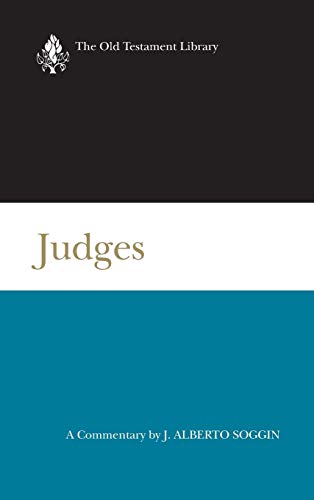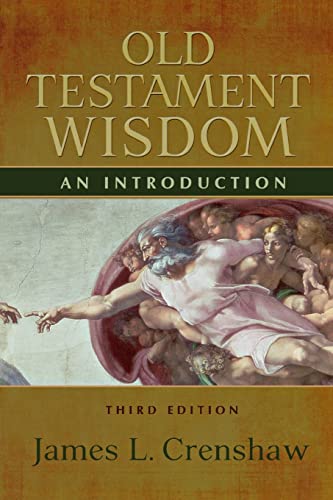Theological Foundations for Ministry
Written by Ray S. Anderson Reviewed By K. RuniaIn this volume the editor, Assistant Dean and Associate Professor of Theology at Fuller Theological Seminary, has collected ‘selected readings for a theology of the church in ministry’ (sub-title). In the Preface he states that he does not want to present several alternative theologies of the ministry, but rather to develop one particular theology of ministry. He therefore selected sources which share a common assumption concerning the nature of theology and its methodology. When one checks the list of contributors, it appears that this common assumption falls within the framework of a broadly evangelical theology, with a strong emphasis on neo-orthodoxy. The table of contents reveals that approximately half of the readings are drawn from the writings of Karl Barth and Thomas T. Torrance, one of the staunchest advocates of Barthian theology in the United Kingdom. Other well-known names are those of Helmut Thielicke, James B. Torrance (Thomas’ brother), Hans Küng (!), Dietrich Bonhoeffer and Kornelis H. Miskotte.
The book itself consists of four main parts: I. A theology of the church in ministry. II. Jesus’ ministry to the Father on behalf of the world. III. Jesus’ ministry in the spirit for the sake of the church. IV. The church’s ministry to the world on behalf of Jesus. The author himself has made a contribution to each of the four parts.
In the first chapter, which is from his own pen, he starts with God’s own ministry of revelation and reconciliation in the world as the basis of all ministry and, therefore, also of all theology (p. 7). His own view of this divine ministry is strictly within the Reformed tradition. He not only sees revelation as issuing from God to man, but also believes that the knowing relation is established and upheld from both sides by God (p. 11). In other words, the response is not simply man’s work, but it is also produced by the event of revelation. No wonder that in the selections for this part (Barth, Thielicke) the Holy Spirit plays a decisive role.
While it is obvious that in Part II the emphasis is on Christology (Jesus Christ is not only the paradigm of all ministry but also the minister par excellence and as such the foundation of all ministry), the Holy Spirit again plays the leading role in Part III, which deals with the upbuilding and upholding of the church for ministry and the ordering and equipping of the church for ministry. In the latter part we find what one could call the theology proper of the ministry (Torrance) but also the ministry of the laity (a Faith and Order contribution) and the charismatic structure of the church (Küng). Finally, Part IV deals with various aspects of the church’s ministry to the world. Here we have sections on the church’s service in and to the world (incarnational ministry), on preaching (kerygmatic ministry) and on the diaconate.
This volume is a worth-while contribution to a proper doctrine of the ministry. It is definitely not suitable for quick reading. Anyone who wants to get a quick grasp of what ministry is or should be, should turn elsewhere. But every one who is willing to study the doctrine of ministry in a wider theological context will discover a gold mine.
K. Runia
Kampen, The Netherlands







